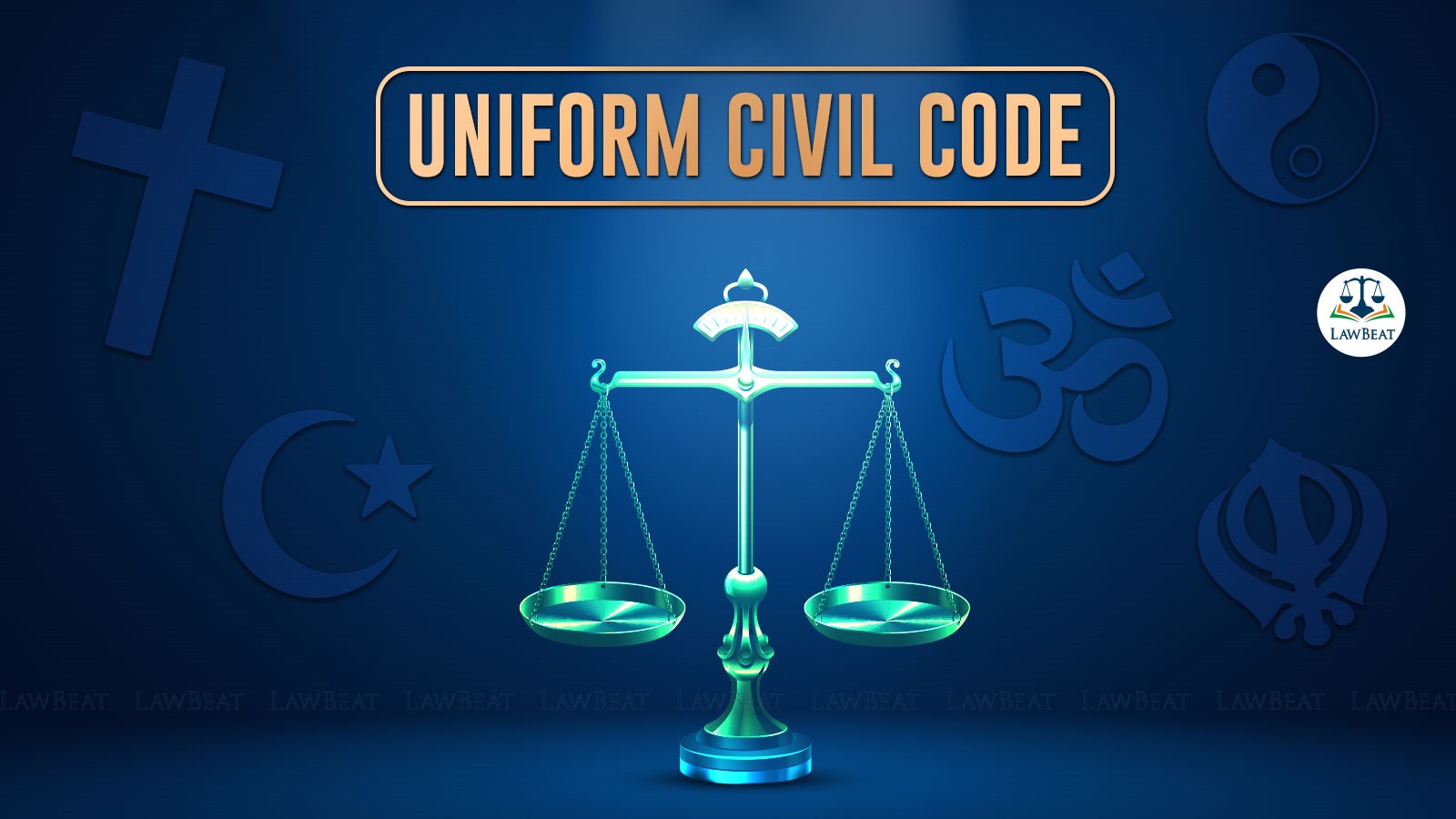Uttarakhand to Publish UCC Research Report Today, Implementation Expected by October

The UCC for Uttarakhand proposes raising the marriage age, mandatory marriage registration, banning polygamy, equal divorce rights, and population control, aiming for October implementation and potential adoption by other BJP states
The research report on the Uniform Civil Code (UCC) in Uttarakhand will be released on Friday, with the state government planning to implement the law by October. A press conference is scheduled for 12:30 pm to unveil the report. According to the Times of India, a committee led by former chief secretary Shatrughan Singh has finalized the rules for the UCC's implementation.
In February, a five-member committee chaired by former Supreme Court judge Ranjana Prakash Desai presented an 800-page final draft report to Chief Minister Pushkar Singh Dhami. The UCC in Uttarakhand, which exempts tribal communities, includes special regulations for live-in couples, and bans polygamy under Muslim personal law, is based on this report.
Key points of the UCC include raising the marriage age for women to 21 years from 18, making marriage registration mandatory, requiring live-in couples to inform their parents, discontinuing the practices of halala and iddat in settling Muslim marriage disputes, banning polygamy under Muslim personal law, providing equal divorce rights for both men and women regardless of faith, and recommending a cap on the number of children for population control.
The expert committee, appointed by Dhami in 2022, conducted extensive consultations with various communities, stakeholders, and political parties to draft the UCC. It is suggested that the Uttarakhand code could serve as a model for other BJP-ruled states.
The report, which underpins the UCC passed in February, will be available on the state government's website to inform the public about its rationale. The UCC aims to establish a common set of personal laws applicable to all citizens, irrespective of religion, sex, gender, and sexual orientation, replacing the current system where personal laws are governed by religious scriptures.
